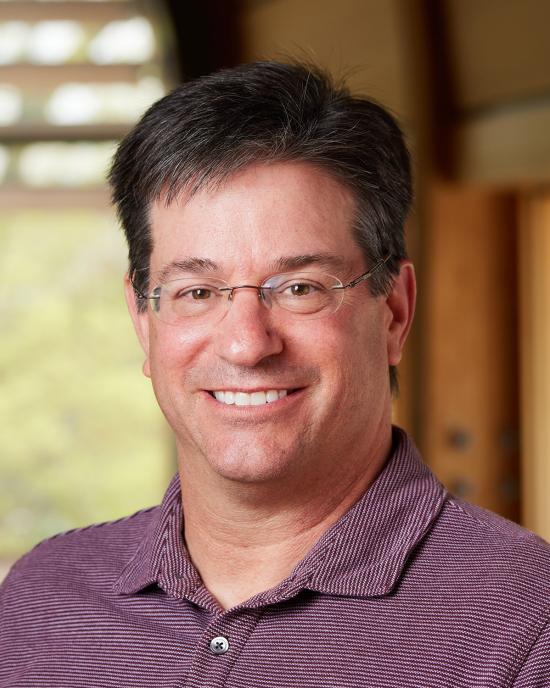On leave for the Spring 2024 semester

James E. Saiers
Clifton R. Musser Professor of Hydrology

Clifton R. Musser Professor of Hydrology
Professor Saiers studies water quality and supply. He runs experiments, collects observations, and develops models to illuminate how human activities affect the chemical composition of drinking water resources and alter freshwater flows within aquifers, wetlands, and river basins. His recent research projects address water quality impacts of fossil fuel development, carbon and nutrient transport through watersheds, radionuclide migration in groundwater, and climate change effects on water resources in Africa. This research is executed collaboratively with students, postdoctoral associates, and faculty from Yale and other Universities. Professor Saiers' teaching addresses various applied and theoretical aspects of surface water and groundwater hydrology.
On leave for the Spring 2024 semester
This professor is accepting doctoral students
I study the movement of water and waterborne constituents on and below the earth’s surface. This research relies on laboratory-scale and field-scale experimentation and focuses on systems governed by coupled hydrological and geochemical processes. I use data collected from these experiments to develop and test computer models that describe the flow of water and transport of carbon, nutrients, and contaminants in streams, wetlands, and groundwater. My overarching goal is to generate new experimental observations and to develop predictive approaches that can be used to inform water-resource management decisions and to guide restoration plans for sites impacted by polluted groundwater or surface water.
Overview
Hydrology is the study of the processes that control the circulation of water and waterborne chemicals between the land, atmosphere, and oceans. My teaching focuses on theoretical and applied aspects of hydrology and is designed to provide students with knowledge required to address key water-quality and water-supply issues that face today’s research scientists and environmental professionals. When taken collectively, my courses cover elements of physical and chemical hydrology and emphasize connections between hydrology and other disciplines, including microbial ecology, atmospheric science, aquatic chemistry, and atmospheric science. I